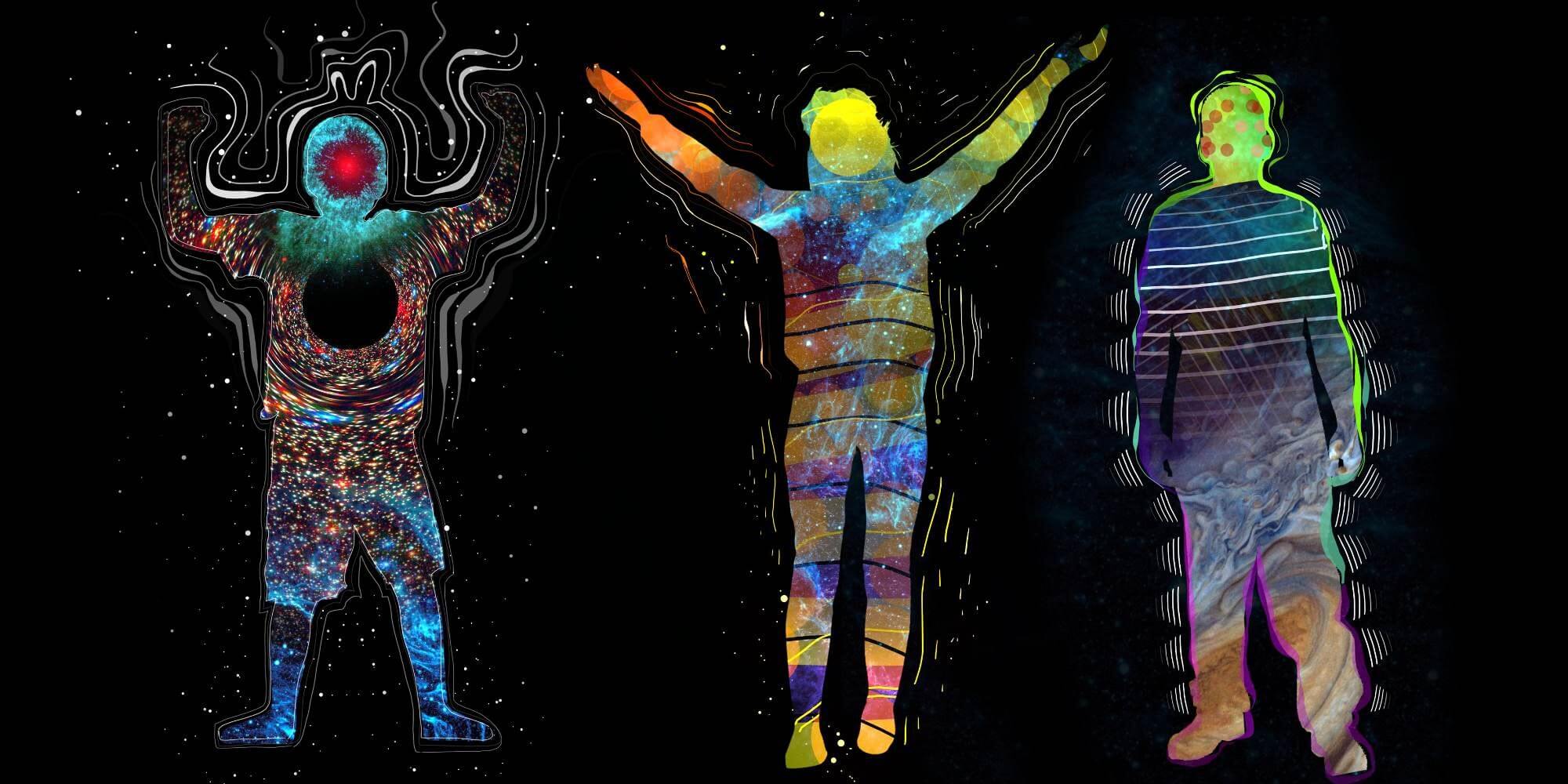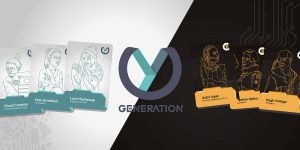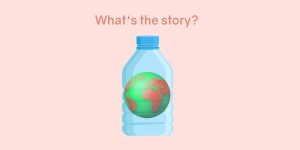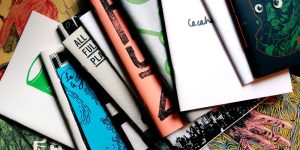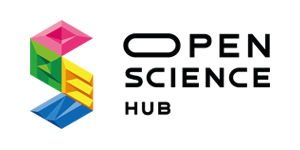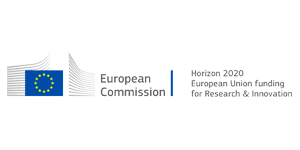Next generation ideas for online workshops from the create your world TOUR
Locked out of their schools – socially distanced and isolated – a generation of digital natives were faced with an abrupt and ad-hoc transition to total online education. Under resourced and unprepared teachers made heroic efforts to adapt amongst the perpetual uncertainty of COVID-19, but what the pandemic made abundantly clear is that almost four decades after the first online course, school systems are still failing to capture the vast potential of integrating online education. While it is evident that the advantages of face-to-face teaching and learning in schools are irreplaceable, online education offers opportunities to open classrooms to wider society, where students can learn from artists, researchers, activists, industry leaders and other experts in their field. A New Digital Deal for education should aspire beyond just equipping schools and students with the digital tools and technologies they are sorely lacking, but also tap into the network of knowledge and expertise that is out there in the broader community. Through adopting a philosophy of Online Open Schooling we can unlock schools and open them to the world, a world where young people are not only learning from, but also actively creating.
The create your world TOUR at Ars Electronica was formulated to support such ambitions, acting as a mediator who connects school students and teachers directly to the knowledge ideas of artists and thinkers within Ars Electronica network. The online-versions of the workshops were a great step forward to motivate teachers and students to continue using digital learning platforms regularly. A next generation of online workshops developed by the digital natives themselves has shown us how to translate a hands-on DIY culture of teaching to the digital classroom: In this panel we will hear from the creators of three of the most recent create your world TOURs on the challenges and their experiences in adapting their expertise to online workshops.
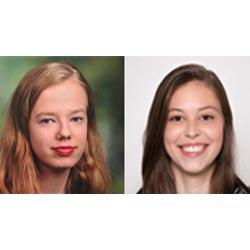 Sonja Groiss (AT) (b.1998) and Anna Kaufmann (AT) (b.1998) attended the Höhere Graphische Bundes-Lehr- und Versuchsanstalt and went to the same class. “We find the topic of digitalization incredibly interesting and this enthusiasm was the spark that led us to design a game on this topic. In addition, we both love to design, have an eye for detail and divided the project “Generation Y” into graphic design and illustration according to our strengths and interests.” Currently, Sonja is attending the College of Photography and Audiovisual Media, while Anna is studying law at the University of Vienna. “To this day, we’re still working and tweaking the game dynamics to make the added value of the game as exciting as possible.”
Sonja Groiss (AT) (b.1998) and Anna Kaufmann (AT) (b.1998) attended the Höhere Graphische Bundes-Lehr- und Versuchsanstalt and went to the same class. “We find the topic of digitalization incredibly interesting and this enthusiasm was the spark that led us to design a game on this topic. In addition, we both love to design, have an eye for detail and divided the project “Generation Y” into graphic design and illustration according to our strengths and interests.” Currently, Sonja is attending the College of Photography and Audiovisual Media, while Anna is studying law at the University of Vienna. “To this day, we’re still working and tweaking the game dynamics to make the added value of the game as exciting as possible.”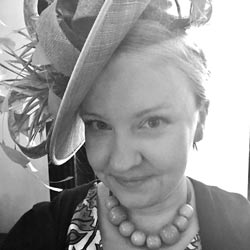 Michaela Schober (AT): Michaela Schober studied English, Spanish and Chinese in Vienna, China, Spain and the UK and is currently writing her dissertation in the field of cultural and media studies on narrative structures, gender and intersectionality. She edits, writes, and translates, teaches foreign languages, consults for textbook publishers, and is a frequent speaker for them. She is an avid amateur musician, enjoys baking (very) large cakes, and loves comics, special effects makeup, and calligraphy.
Michaela Schober (AT): Michaela Schober studied English, Spanish and Chinese in Vienna, China, Spain and the UK and is currently writing her dissertation in the field of cultural and media studies on narrative structures, gender and intersectionality. She edits, writes, and translates, teaches foreign languages, consults for textbook publishers, and is a frequent speaker for them. She is an avid amateur musician, enjoys baking (very) large cakes, and loves comics, special effects makeup, and calligraphy.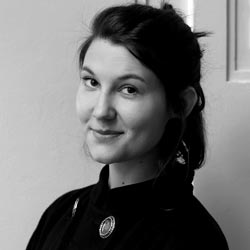 L. Vanessa Gruber (AT): L. Vanessa Gruber is an art educator and researcher at the University of Applied Arts Vienna and is currently working on projects that deal with societal challenges such as aging, dementia or climate change, making them understandable and tangible for young people. She is also doing a PhD in the field of creativity promotion at (high) schools. In her free time, she enthusiastically pursues various sports such as yoga and cycling and is a passionate cook, naturally with an eye on climate friendliness.
L. Vanessa Gruber (AT): L. Vanessa Gruber is an art educator and researcher at the University of Applied Arts Vienna and is currently working on projects that deal with societal challenges such as aging, dementia or climate change, making them understandable and tangible for young people. She is also doing a PhD in the field of creativity promotion at (high) schools. In her free time, she enthusiastically pursues various sports such as yoga and cycling and is a passionate cook, naturally with an eye on climate friendliness.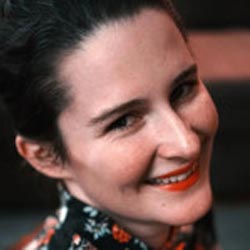 Beate Absalon (DE): Beate Absalon is a cultural scientist currently writing her doctoral thesis on a self-care topic: mutual consent. This is about getting to know one’s own boundaries and desires, communicating them to others and thus standing up for oneself. This is difficult for many who have learned to adapt, to please others and to put their own needs aside. It is only in recent years that the importance of mutual consent has been taken up in sex education – this is a focus of my doctoral work. A few years ago, as a hobby, she started to write zines about the issues that concern her or to give them away to friends, for example to help them with upcoming exams, stressful family visits or the lockdown.
Beate Absalon (DE): Beate Absalon is a cultural scientist currently writing her doctoral thesis on a self-care topic: mutual consent. This is about getting to know one’s own boundaries and desires, communicating them to others and thus standing up for oneself. This is difficult for many who have learned to adapt, to please others and to put their own needs aside. It is only in recent years that the importance of mutual consent has been taken up in sex education – this is a focus of my doctoral work. A few years ago, as a hobby, she started to write zines about the issues that concern her or to give them away to friends, for example to help them with upcoming exams, stressful family visits or the lockdown.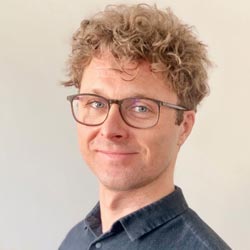 Andrew Newman (AU/AT): Andrew Newman is a producer for the European Platform for Digital Humanism at Ars Electronica in Linz and is focused on fostering cultures of transdisciplinary innovation. He is responsible for projects aimed at bringing artists and scientists together (STUDIOTOPIA) and creating STEAM learning experiences (Open Science Hub, Creative School and STEAM INC). He co-founded the Research Institute for Arts and Technology in Vienna where he focused on integrating artistic research methodologies into blockchain and open hardware research and development.
Andrew Newman (AU/AT): Andrew Newman is a producer for the European Platform for Digital Humanism at Ars Electronica in Linz and is focused on fostering cultures of transdisciplinary innovation. He is responsible for projects aimed at bringing artists and scientists together (STUDIOTOPIA) and creating STEAM learning experiences (Open Science Hub, Creative School and STEAM INC). He co-founded the Research Institute for Arts and Technology in Vienna where he focused on integrating artistic research methodologies into blockchain and open hardware research and development.Credits
create your world TOUR is part of the OSHub project that has received funding from the European Union’s Horizon 2020 Framework Programme for Research and Innovation under grant agreement No. 824581

